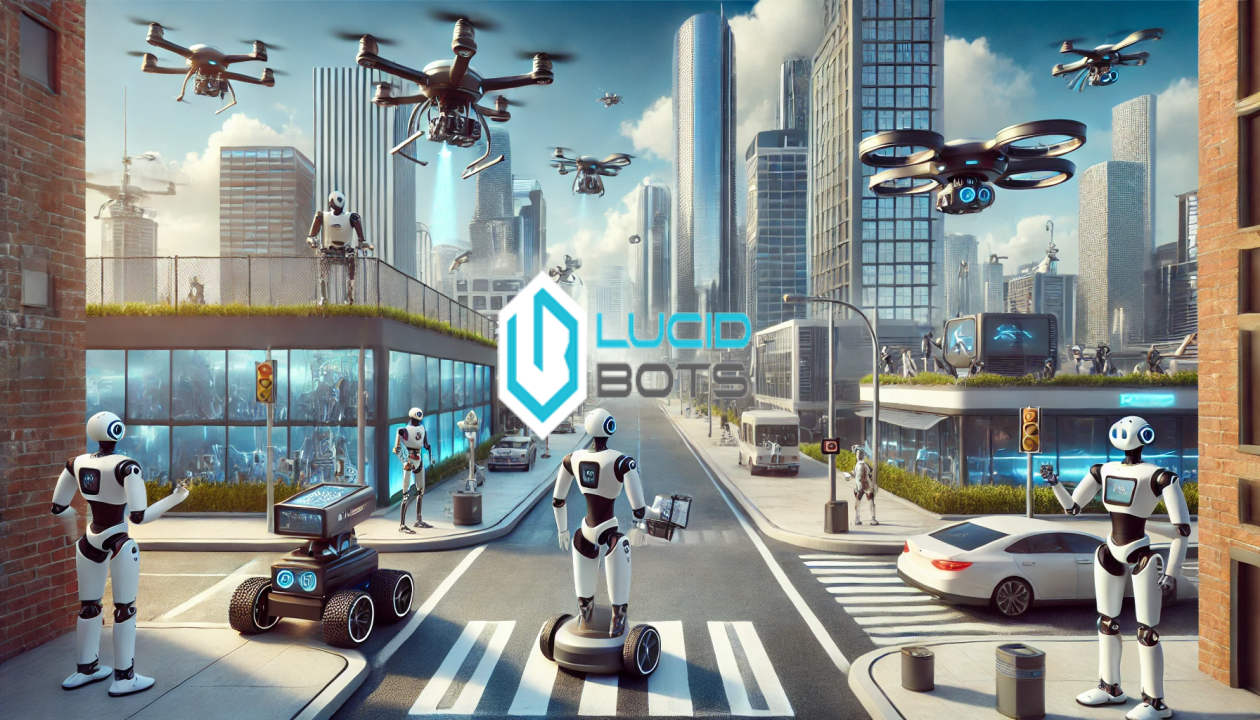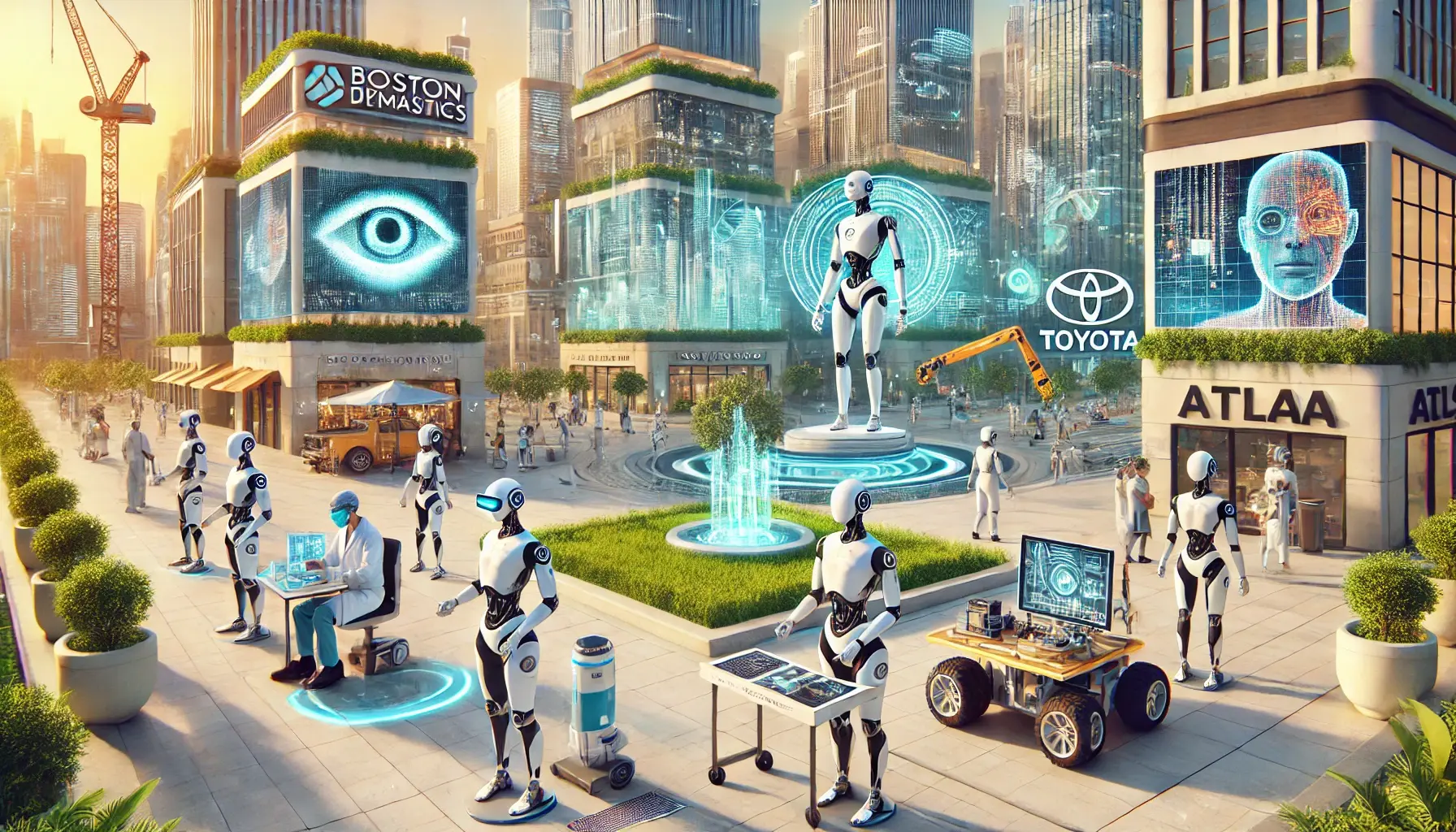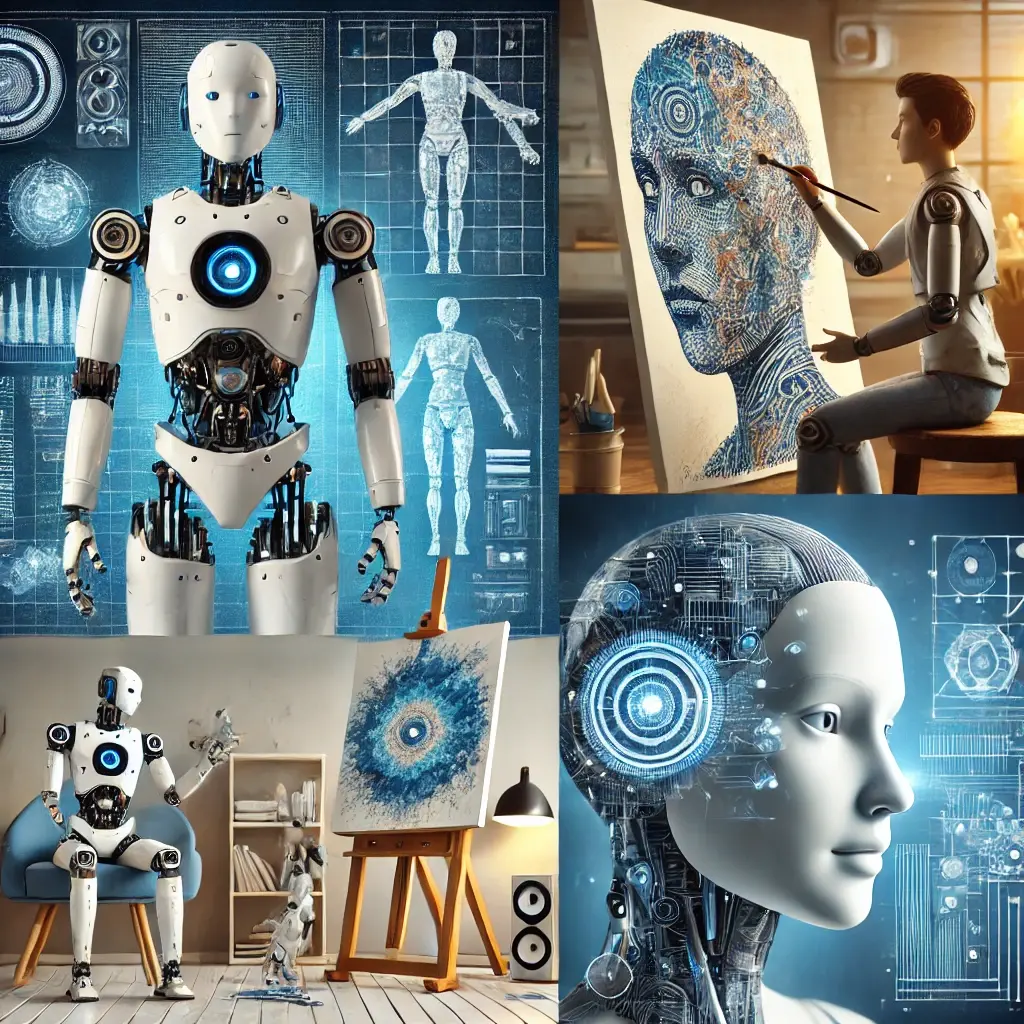Breakthroughs in Robotics: Precision Surgery, Creative AI, and Next-Gen Humanoids
TL;DR: Recent advancements in robotics include precision-assisting surgical robots that offer superhuman accuracy, a humanoid robot artist whose work...
3 min read
 Andrew Ashur
:
Jul 26, 2024 9:22:39 AM
Andrew Ashur
:
Jul 26, 2024 9:22:39 AM

Elon Musk announced that Tesla will begin selling Optimus, its humanoid robot, in 2026. While some may claim this is an ambitious date, Optimus is already performing tasks autonomously, like handling batteries, and the company plans to begin low production of the robot for Tesla's internal use next year.
Tesla's Optimus, despite its promise, is far from the only company that has built an impressive humanoid. 1X, a Norwegian startup, raised a $100M Series B back in January and has built a wheeled humanoid that can respond to voice commands and do simple tasks. Competition is heating up in the humanoid space, with impressive demos coming out from Figure, Sanctuary AI, Apptronik, Boston Dynamics, Agility Robotics, and others.
In the Senate's version of the National Defense Authorization Act 2025, the Countering CCP Drones Act is not included, which had previously called for the ban of DJI. This is in contrast to the House's version of the bill that had previously included the CCP Drones Act.
Many are speculating that the Senate's decision comes on the heels of over 6,000 public safety agencies, such as police and fire departments, expressing their opposition to the act. Other sources have cited that this ban would also significantly impact drone entrepreneurs, closing as many as 67% of small US drone businesses. While this version of the bill doesn't call for DJI's ban, there are several other noteworthy points:
Coatue, a noteworthy VC fund, released a report on the robotics industry in which they claim that robots won't experience a moment similar to ChatGPT. Robots have been around for decades - GM implemented its first industrial robot in 1961 and the first autonomous pool cleaner was built in 1958. Nonetheless, the adoption of robotics has been relatively linear, not exponential, due to the difficult of scaling hardware.
One of Coatue's major claims is that AI will accelerate the path to general-purpose robotics, but data scarcity is currently a major bottleneck for robotics AI. For context, OpenAI's model is trained on 15 trillion tokens, while the largest robotics data set is limited to approximately 2.4 million episodes. Nonetheless, robot components have become more affordable and effective, which suggests the barriers to adoption will continue to come down.
Lucid Bots announced its first acquisition this week of Avianna, an AI company that enables robots to understand natural language and operate autonomously. This acquisition is one of great promise and excitement across the robotics industry, as Lucid Bots has built two functional robots that do dangerous and demanding jobs. The company has an international customer base with hundreds of its robots already in action, performing jobs of impressive magnitude. This is in stark contrast to the majority of robotics companies that are still testing in simulators and R&D labs, where data is much more limited.
Through this acquisition, Lucid Bots will empower its customers to soon collaborate with and automate their robots just by talking to them. The founders of both companies acknowledged that the way to drive mass robotic adoption is to make the robots so simple that anyone can use them, and that's exactly what the marriage of their technologies will enable. Additionally, many are looking at companies like Lucid Bots as a path to accelerate AI development in the robotics space, as they can help solve the problem of data scarcity. Because the company has a large fleet of customers that use its robots regularly, Lucid Bots is able to collect scalable and dynamic data from real-world environments.
Founded in 2018, Lucid Bots Inc. is an AI robotics company that is committed to uplifting humanity by building the world's most productive and responsible robots that can do dangerous and demanding tasks. Headquartered in Charlotte, the company engineers, manufactures, and supports its products domestically, which include the Sherpa, a cleaning drone, and the Lavo Bot, a pressure-washing robot. Lucid Bots' products are elevating safety and efficiency for a growing number of customers around the world. Lucid is a Y Combinator-backed company, with investments from Cubit Capital, Idea Fund Partners, Danu Ventures, and others. Lucid Bots raised $9M in Series A funding in May and was recently named a member of the NVIDIA Inception Program, designed to help startups evolve faster through cutting-edge technology, opportunities to connect with venture capitalists, and access to the latest technical resources.

TL;DR: Recent advancements in robotics include precision-assisting surgical robots that offer superhuman accuracy, a humanoid robot artist whose work...

TL:DR: China's open-source humanoid robot, Qinglong, is set to transform household services, while AI-created artwork is breaking auction records and...

TL:DR - robots for household chores are improving, your next dentist may be a robot, and NVIDIA continues to empower accelerated development for...